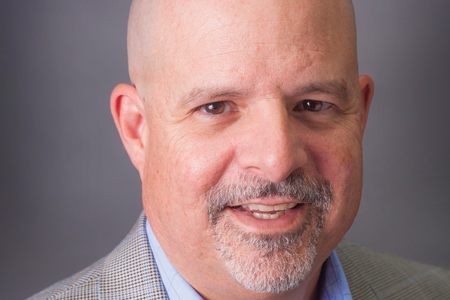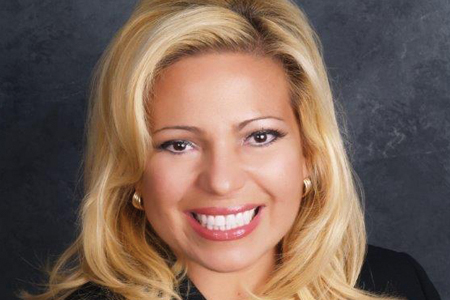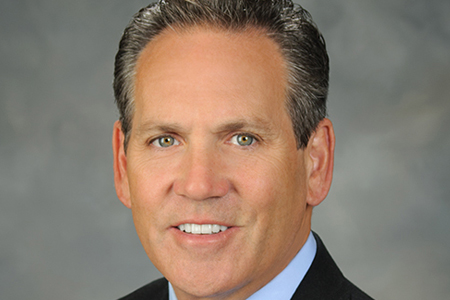Ask The Board: Cultivating Culture
It’s hard to quantify the impact culture has on the quality of code you ship. According to a Columbia Business School survey of 1,400 North American CEOs, 92 percent said they believed improving corporate culture would improve the value of the company. Yet only 15 percent said their corporate culture was where it needed to be. We asked our editorial board to share examples of what they’ve done to improve the culture at the software companies they run.
Q: What’s the single best thing you and/or your company have done to improve culture?
A: CULTURE IS NEVER AN EVENT-DRIVEN EXERCISE. Culture is something that has to be breathed every day. In my opinion, every CEO should be the chief culture officer in the company — thinking about it, monitoring it, acting on it — every day — with a recognition that the best cultures are driven by the people, not forced down from the top. That said, the best culture change we ever experienced was when an employee approached our executive team with a desire to “donate” some of his PTO to another employee who was going through a health crisis — a single mom dealing with breast cancer. We were so moved by this simple act of generosity that we decided to implement a new policy which we call “Gift of Time.” This policy allows employees to anonymously give unused PTO to a pool which is then doled out on an as-needed basis by a committee we established to help other “Granberries” (what we call our team members) in need. “Granbury Gives,” our committee of volunteers, has since expanded to include fundraisers, caregiving, and support for both internal and external causes, and even hosts a monthly  cookout to give the entire team an opportunity to socialize and interact. As the chief culture officer, I never cease to be amazed at the great work this self-directed group does. And it’s been a real boost to everyone in the organization.
cookout to give the entire team an opportunity to socialize and interact. As the chief culture officer, I never cease to be amazed at the great work this self-directed group does. And it’s been a real boost to everyone in the organization.
TOM BRONSON is the president & CEO of Granbury Solutions, which he helped grow from 20 employees in 2010 to 200+ employees today with 10,000+ customers. He was formerly CEO of pizzeria POS software company DiamondTouch.
A: GROWING FROM 29 TO 470+ EMPLOYEES IN FOUR YEARS, while at the same time expanding globally across five offices and four time zones, is no small feat. Extraordinary communication is the key to creating a great corporate culture, and for us it starts with our “All Hands” meetings. This twice monthly, companywide sync is designed to accomplish three goals: 1) provide insight and get buy-in on departmental initiatives that impact staff and corporate goals, 2) discuss and reinforce Corporate Values, and 3) introduce new staff and recognize above and beyond performance. The All Hands meeting gives us a single point of connection that crosses disciplines, departments, and office locations. For that hour, our whole team – from the entry-level technician to the most senior engineer – stands side by side focusing their energy toward our unified purpose. With as many moving parts and critical dependencies that go into the products and services we provide to clients, we wouldn’t be able to execute as efficiently as we do or grow as rapidly as we have if it wasn’t for the sense of unity that’s fostered in the All Hands meeting.
able to execute as efficiently as we do or grow as rapidly as we have if it wasn’t for the sense of unity that’s fostered in the All Hands meeting.
ALESSANDRA LEZAMA has led transformational changes as CEO of three previous companies. Since joining AbacusNext in 2013, she has propelled the business from an on-prem software company to a fully integrated legal technology suite.
A: TO IMPROVE CULTURE, I started doing the recruiting. We tried using professional recruiters, but they do not understand our culture. We’re still sub-50 employees, and every single new hire is critical. I didn’t think I had time, but taking over recruiting has helped me appreciate what talent is out there. And when a  potential candidate gets a message from me, I think they appreciate the attention.
potential candidate gets a message from me, I think they appreciate the attention.
JOE MEYER is the founder and CEO of CentralBOS, a cloud ERP software company based in Atlanta. He is a serial entrepreneur and a retired U.S. Army major who has worked with large and startup tech enterprises since 1992.
